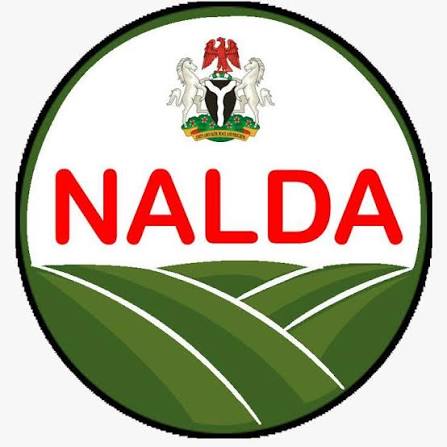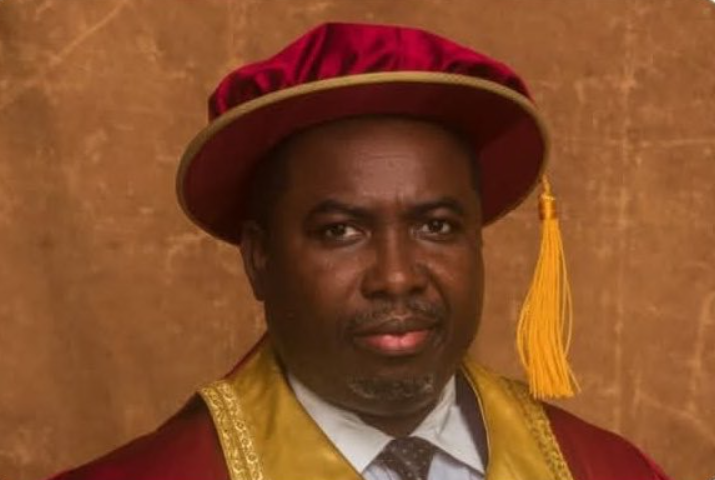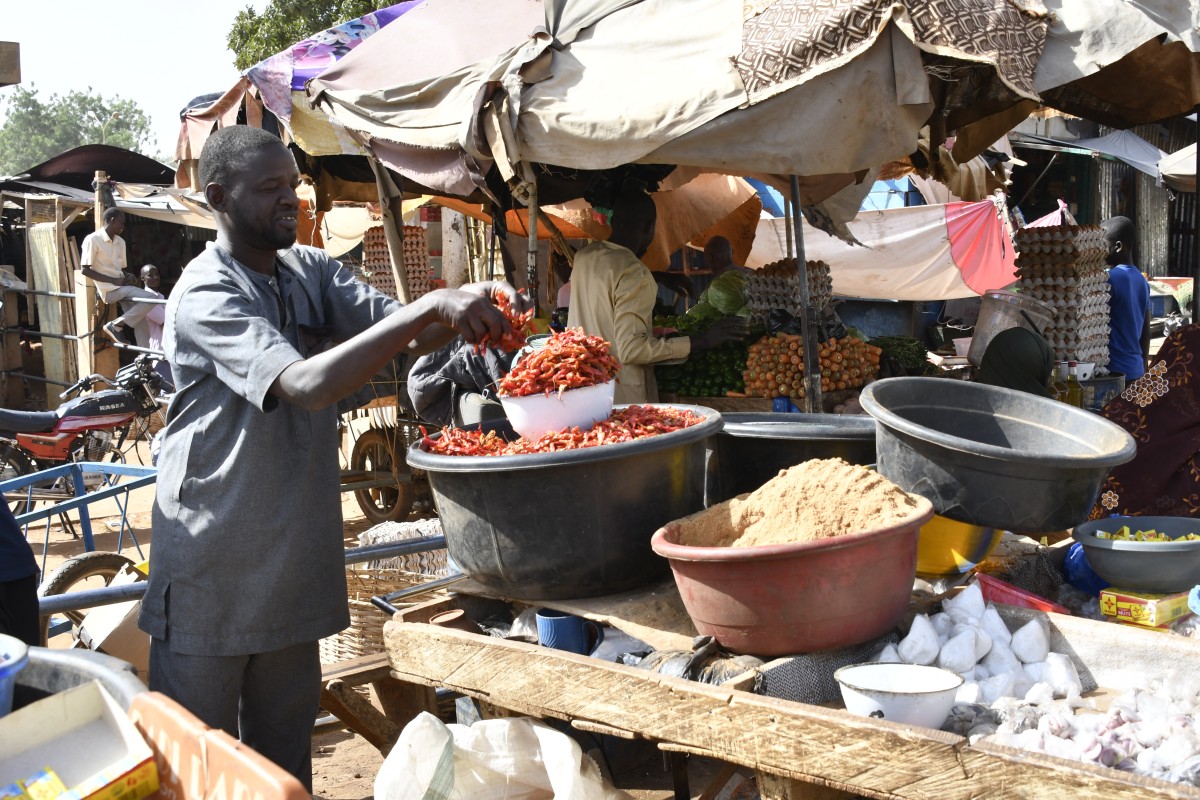
Catholic Church advises Nigerian leaders on responsible borrowing
Nigeria is now the third largest debtor nation to the International Development Association (IDA), an arm of the World Bank, data from the Bretton Woods institution has shown.
The World Bank’s financial statements said Nigeria’s exposure to the IDA rose by 14.4 per cent from $14.3 billion in 2023 to $16.5 billion in 2024 financial year.
This figure places Nigeria among the top three IDA debtors for the first time having occupied the fourth position in 2023. Typically, the fiscal year for 2024 runs from July 2023 to June 2024, which means that the Bola Tinubu administration must have accessed $2.2 billion from the World Bank between June 2023 and July 2024.
HOWEVER, the Catholic Church of Nigeria has advised the Federal Government on the need for responsible borrowing and lending. In a one-day workshop by the Catholic Diocese of Gboko held at the resource centre of the St John’s Cathedral, Agedam, Gboko on Tuesday, Joe Nkamuke of the Good Governance and Justice Development and Peace Commission, Catholic Secretariat Abuja, who delivered the keynote address, pointed out that Nigeria currently uses 74 per cent of her revenue to service debts.
He disclosed that Nigeria’s debt rose by N24.33 trillion within three months from N97.34 trillion in December 2023 to N121.6 trillion in the first quarter of 2024. “Every country is borrowing. But the question is: what are you borrowing for? That is the difference between responsible and irresponsible borrowing,” he said.
The Catholic Church expressed fears that from 2015, Nigeria is moving from the path of loan sustainability to a loan trap.
“According to public sector economists”, said Nkamuke, “the escape routes are responsible borrowing, proper use of loans for building advanced infrastructure and enhanced public services like health care, education and infrastructure.” They also posited that loans could become a trap if their utilisation is directed towards consumption, servicing corrupt officials and their surrogates and mismanagement.”
The Catholic Church further posited that the high external loan-service – to – revenue ratio is a great source of concern and highlights the need to significantly increase the country’s revenue generation capacity.
“Even when Nigeria’s debt servicing dropped from 1.76 trillion to 1.31 trillion naira in 2024, that load could potentially crowd out expenditure in other areas. Furthermore, high loan debt levels have led to a cost – of – living crisis through inflation, currency depreciation, subsidy removal and imposed austerity measures “, said Nkamuke who is the Lead, Good Governance /Justice Development and Peace Commission.
Earlier in the opening presentation titled:” The role of JDPC engagement in the state”, Rev Fr Isaiah Ter, Benue state coordinator of the Caritas Foundation for Justice Development and Peace said that the foundation offers pro bono humanitarian services for the public good.
Fr Ter said that the foundation conscientises the public on the imperatives of political participation, best and affordable agricultural practices and counselling of inmates in correctional centers amongst others.






